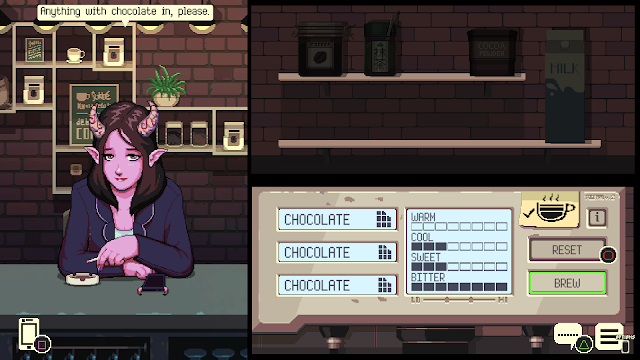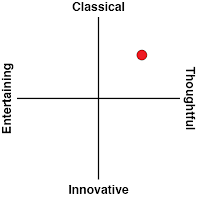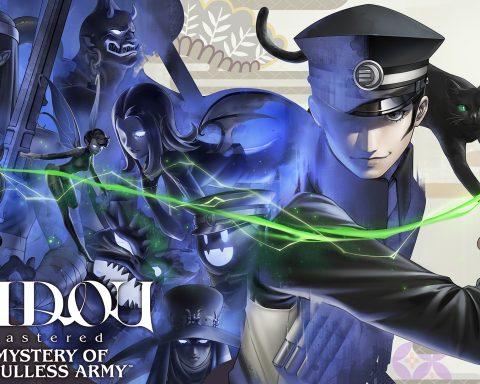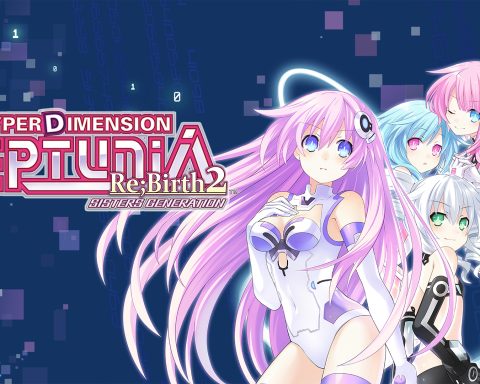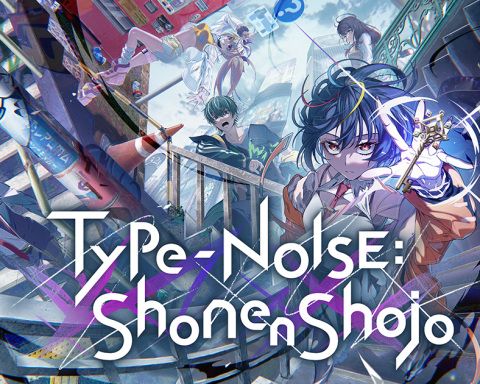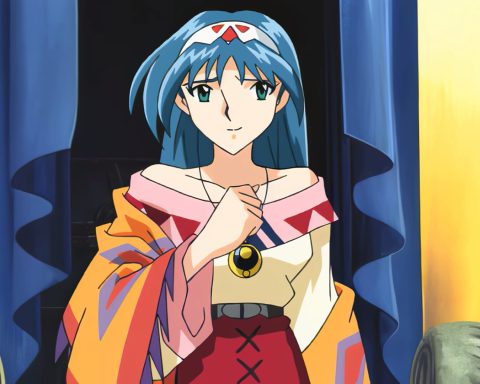Review by Lindsay M.
I don’t drink coffee. I know, I know, it’s such a divisive concept, but even after working in a local franchised coffee shop I can’t stand the taste. Coffee shops have evolved since then to become far more comfortable places, featuring squashy chairs and trained baristas rather than hard benches and inexperienced high school students. So despite my dislike of coffee itself, I do love visiting a good coffee shop because they’re a soothing space.
Coffee Talk takes all that is great about small, individually-owned coffee shops and put it into a fantasy game with a visual novel feel. The game is set in an alternate-universe Seattle, following a Great War between races. And there are many races, from elves to succubi and just about everything in between. Everyone lives and works together in the world, although racism is a definite issue. Ironically enough, there’s a virus spreading in the world that’s making people paranoid. Clearly the dev couldn’t predict coronavirus, but the timing is uncanny.
You are the owner and sole barista at Coffee Talk, the only coffee shop open in overnight hours. Your customer base is small, but fiercely loyal. The game gives a glimpse of shop life over a few weeks. You’ll speak to customers and make their orders, sometimes draw latte art, and that’s it. Before each shift, you get to catch up on the day’s headlines, which are sometimes a topic of conversation between customers. The narrative touches on topics as broad as racism, false advertising, developer crunch, and art versus mainstream games, without making the player feel overwhelmed with heavy topics.
The bulk of the play is in the main (story) mode. Customers will come and go, each requesting a specific drink. You get fives tries to make the drink per order. If you do mess up an order, the world keeps on going. The customer won’t even get mad. It really adds to the calmness this game evokes. An ingredient shortage limits your drink options at first, which makes it super easy to learn the drink-making system. As the days go by, more ingredients are made available. Controls are easy to master (there’s only a few buttons needed regularly) but controller functions are always on display anyway. And my favourite part, as someone ultra forgetful? If you happen to miss any of the conversation, you can scroll back through that day’s conversations.
In addition to the main story mode, there’s an endless mode that features Free Brew and Challenge options. Free Brew allows you to experiment with the drinks thanks to a willing and ready Freya. It’s the best place to experiment and uncover new recipes. Challenge Mode has you make as many correct orders are you can during the allotted time, with each correct order adding to your time limit. The orders start off easy but get more difficult as you progress. It’s the only time that stress is really put on you. But back to story mode!
There are numerous repeating customers, including Baileys, an elf whose family disproves of his succubus girlfriend of ten years. There’s even mythological opposites at play with Gala and Hyde, a werewolf and a vampire that have been friends for sixty years. And then there’s your most loyal customer, Freya, who returns nightly. She’s a green-haired human journalist who has been struggling with ideas for her first novel. She’s often first-in, last-out, and gets to know many of the customers as well as you do.
Freya’s short stories are available via your characters smartphone. Some, such as Road Trip, will make your heart weep. Others are just weird, like French Kissing A Cat. I especially love any that are obviously based on what happens in the shop. Your smartphone offer three other apps: Tomodachill, Brewpad, and Shuffl’d. Brewpad is the most helpful as it stores all your discovered drink recipes. Tomodachill is a Facebook equivalent where you can learn more about your customers. Shuffl’d allows you to switch among the available music tracks.
Playing the game really only comprises of reading, listening to music, and sometimes making a hot beverage. Within the daily conversation, you’ll often find witty banter or subtle jabs against reality (such as when someone states her spoken words aren’t written anywhere). Characters develop a lasting relationship with you, their barista, in addition to other customers.
The characters’ facial expressions are quite remarkable, from puppy-dog sad eyes and playful winks. It makes speaking to them a pleasure to watch as well as to read. It would have been easy for the coffee shop itself to appear stagnant, with the same visual angle permanently on display. Instead, there is a remarkable amount of movement and interest for such a small, soothing space. The music adds to the chill environment. It’s like funky elevator music, and I’m living for it.
My number one concern about the game going in was how legible the text would be. I also worried I would fail if I suck at latte art. Neither of these issues actually existed. Any text-based fears disappeared almost instantly, as a large and simple font is displayed as black on white or white on black. No squinting at unreadable tiny non-contrasting text! My prayers have been answered! Does that make the developer my God? Anyway, the latte art isn’t the easiest to make, but you only really have to do it once and even if yours ends up looking like a cactus (I speak from experience), the customer won’t care.
None of the characters or situations in Coffee Talk are simple or black-and-white. Rather, the world is a beautiful, complicated shade of grey. People aren’t “good” or “bad,” they’re just trying to do their best. The message is hopeful. The pace is soothing. The music is well-suited to the environment. Coffee Talk really delivers on all fronts, and even offers more game time post-story. Now, it’s time for me to return to my customers, I think the orc has arrived…
– Lindsay M.
News Editor


